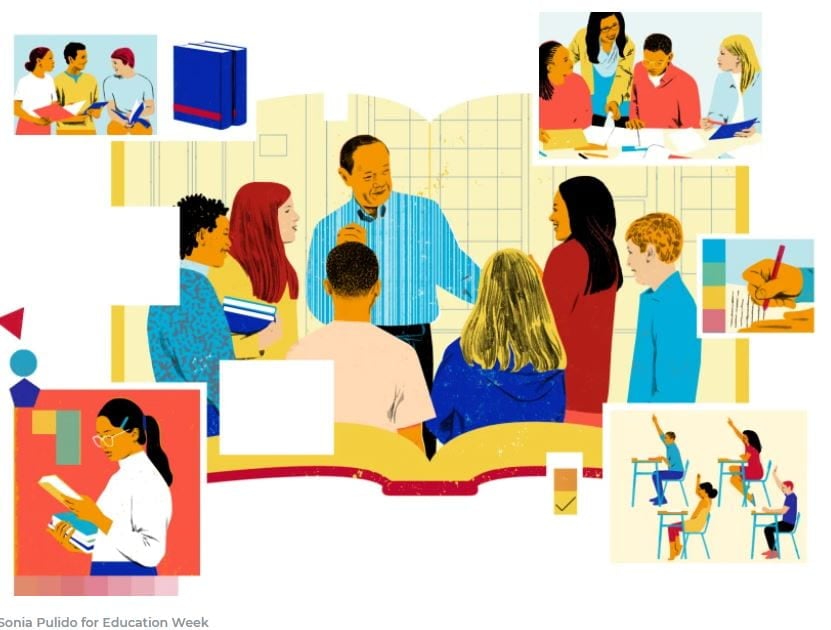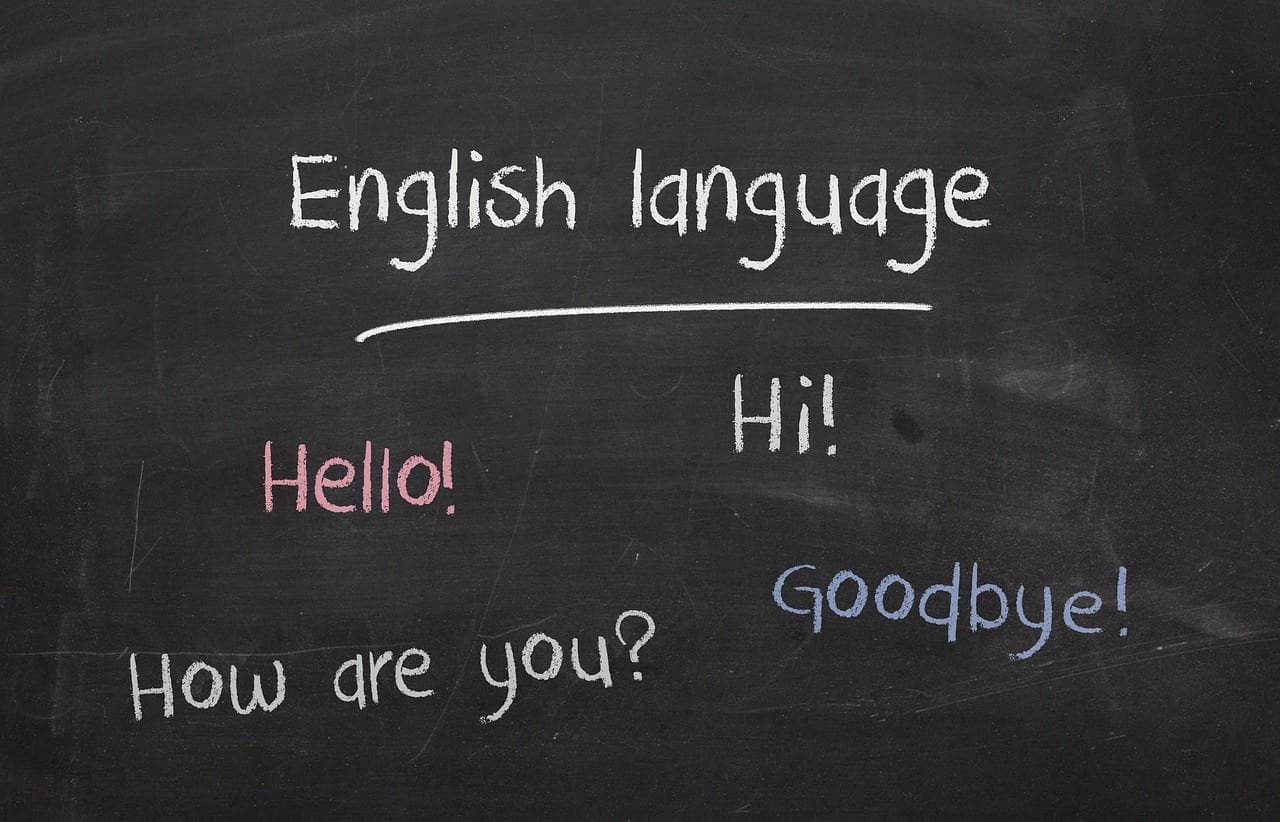
Key points:
- AI use is on the rise among educators, thanks to increased confidence
- AI use guide helps students navigate AI in learning
- AI’s transformative role in accessibility
- For more news on AI in the classroom, visit eSN’s Digital Learning hub
Educators continue to feel confident about integrating technology into their instruction, and say they approach AI use with cautious optimism–with many planning to use it more, according to a new report from adaptive learning company HMH.
The 2024 Educator Confidence Report highlights evolving challenges and opportunities in education, is based on responses from more than 1,200 educators, and touches on critical K-12 issues, including mental health, compensation concerns, and the growing role of digital technologies, including generative AI, in transforming classrooms.
Outlook on classroom technology
Over the past decade, educators have maintained a high level of confidence in their abilities to use technology to enhance teaching and student achievement, with more than 90 percent of educators somewhat confident or higher each year. Many recognize its ability to save time, inform instruction, and support diverse learning needs.
Key findings include:
- 97 percent are confident in their ability to use technology in an instructionally effective way
- 66 percent say tools connecting instruction with supplemental practice, intervention, and assessment on one platform would be a game-changer
- Of those teaching 10 years or more, 81 percent feel tech has had a positive impact on the profession over the past decade
Outlook on generative AI: Early optimism, caution ahead
2024 marks the first year of the AI Confidence Index, a new key metric created to examine how educators feel about the impact and potential of generative AI. In just one year, educators’ use of generative AI increased 5x.
Of the 50 percent of educators who use generative AI:
- 76 percent believe GenAI is at least somewhat valuable to their work
- 73 percent say it saves them time
- 72 percent plan to use it even more in the next school year
Educators overwhelmingly agree that tools utilizing generative AI:
- Are an inevitable technological advancement (77 percent)
- Should be harnessed positively, with all users taught to use them ethically (84 percent)
- Need to fulfill teacher professional development needs to address their application (76 percent)
Still, a wariness remains among educators using generative AI about students using the tech to take shortcuts:
- 58 percent have concerns about plagiarism
- 54 percent are concerned about student over-dependence
- 35 percent are concerned about a lack of professional development or guidance on how to implement these tools safely and with fidelity
Those who have not been using generative AI tools are even more concerned–53 percent–about the need for professional development to use the technology safely and with fidelity.
Outlook on teaching: There’s work to do
Over the past 10 years, educators have remained resilient, committed to improving education, and open to adopting new technologies. However, many still feel negatively about the profession. In recent years, the mental health challenges that both students and teachers face have received greater attention, and the report underscores how pressing these issues continue to be for educators.
- Educator sentiment toward the profession is lower today than when the survey began in 2015, with 41 percent of educators feeling positive versus 36 percent today. While there has been steady growth since an all-time low during the COVID-19 pandemic (+7 percent over 2023), 64 percent still feel negatively about the state of teaching and learning. Top concerns include inadequate compensation (68 percent), the mental health of fellow educators (64 percent), the mental health of their students (57 percent), and lack of funding (53 percent).
- Educators are less likely to leave the field than 10 years ago, but 41 percent say they have yet to rule it out, and 26 percent say they will leave the field within the next five years.
“Over the past decade, our nation’s educators have faced immense challenges that persist today. They’ve also shown remarkable resilience and a willingness to embrace new technologies that can make a real impact,” said Jack Lynch, CEO of HMH. “As we look to the future, there will be exciting new opportunities to fuse the power of technology with the traditional, social aspects of the classroom.”
“This year’s ECR gives me so much hope, as although we have much work to do to improve teachers’ professional experience, there is increased positivity from teachers who wish to remain in the field,” said Francie Alexander, Senior Vice President of Research, HMH. “As one of the biggest influences on students’ lives, we must ensure teachers have the tools, technology, and professional learning support they need to help every student get a quality education.”
Material from a press release was used in this report.
Educators continue to feel confident about integrating technology into their instruction, and say they approach AI use with cautious optimism–with many planning to use it more AI in Education, Digital Learning, Featured on eSchool News, adaptive learning, challenges, classrooms, digital, Education, educator, educators, K-12, learning, open eSchool News






